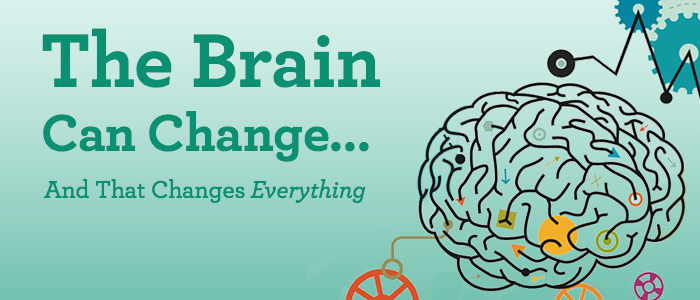Most people know what they don’t want, but they don’t know what they do want.
- It’s important to have clarity on what you want to create.
- your partner, the things that you want to learn, etc.
Clarity is connected to imagination. So as we are getting clear on something, we are beginning to see what that thing is.
- There are numerous studies showing that the brain doesn’t know the difference between imagination and reality.
- So as you’re getting clear, you’re actually building neural networks as if that image or that experience had already occurred.
- Spend additional time getting clarity and imagining what the future would look like with that thing, being that thing, or creating that thing.
- We get stuck on the how. If you are willing to invest on the time imagining (getting clear), you build neural networks that represent the memory of an experience that has not happened yet.
- You then get access to the thoughts, the ideas, and the perceptions creating the synchronicities that actually close the gap between that future and the present moment.
Don’t let not knowing how prevent you from spending time getting additional clarity or imagining because that’s actually what’s required to happen in order for you to know how.
- Don’t let the indecision be born out of the fact that you’re not sure how this is all going to play out.
- Fog – people get stuck because they are not clear.
- Getting more clarity is the same way you drive in fog. You’ve got 10 feet of clarity.
- The way to get 10 more feet is to move forward.
- You are never going to know.
Fear is wanting to have a predictable outcome around an experience that you have never had before.
- This is not the way it works. You get clear on what you want, take action, and more clarity unfolds for you.

Re-source: Recondition
The only way you change the brain is through experience.
- Moment by moment we are recording what’s going on.
- The journey of personal exploration is where our beliefs create the quality of our life moving forward in every area.
- Our beliefs dictate our destiny and that’s at the core of behavioral psychology.
Part of the human experience is living some form of suffering daily.
- It is important to quickly be able to reorient ourselves.
- Notice what state you are in on a moment to moment basis.
When all the things that we think should be that are not, and we become present to that moment from a powerful state, that’s how we are able to feel good about ourselves.
- Notice when you have moved into a primal state
- Know that the only thing that is causing you to move into that emotional state is your own thinking.
- Take a look at what the thinking is
- Play around with, or be willing to be open to the fact that if it is moving you into a primal state, it may not be true.
- If that’s not true, then some form of the opposite must be true. What might that be?
- What evidence do you have for the fact that that would be true?
The brain starts to get acclimated to this process. We begin to notice we have a reaction, and we reorient our self fairly quickly.
- We get hooked on things that are triggers all the time. We just don’t get hooked as frequently and don’t spend as much time on the hook.
The biggest problems are being solved and in our language that’s restoring intelligence to humanity.
- Helping humanity evolve to the next evolution of who they are, which is an evolution of the nervous system and intelligence.
craving and resource from “Shift into a power mindset at any time, in any situation” by David Bayer on Impact Theory
